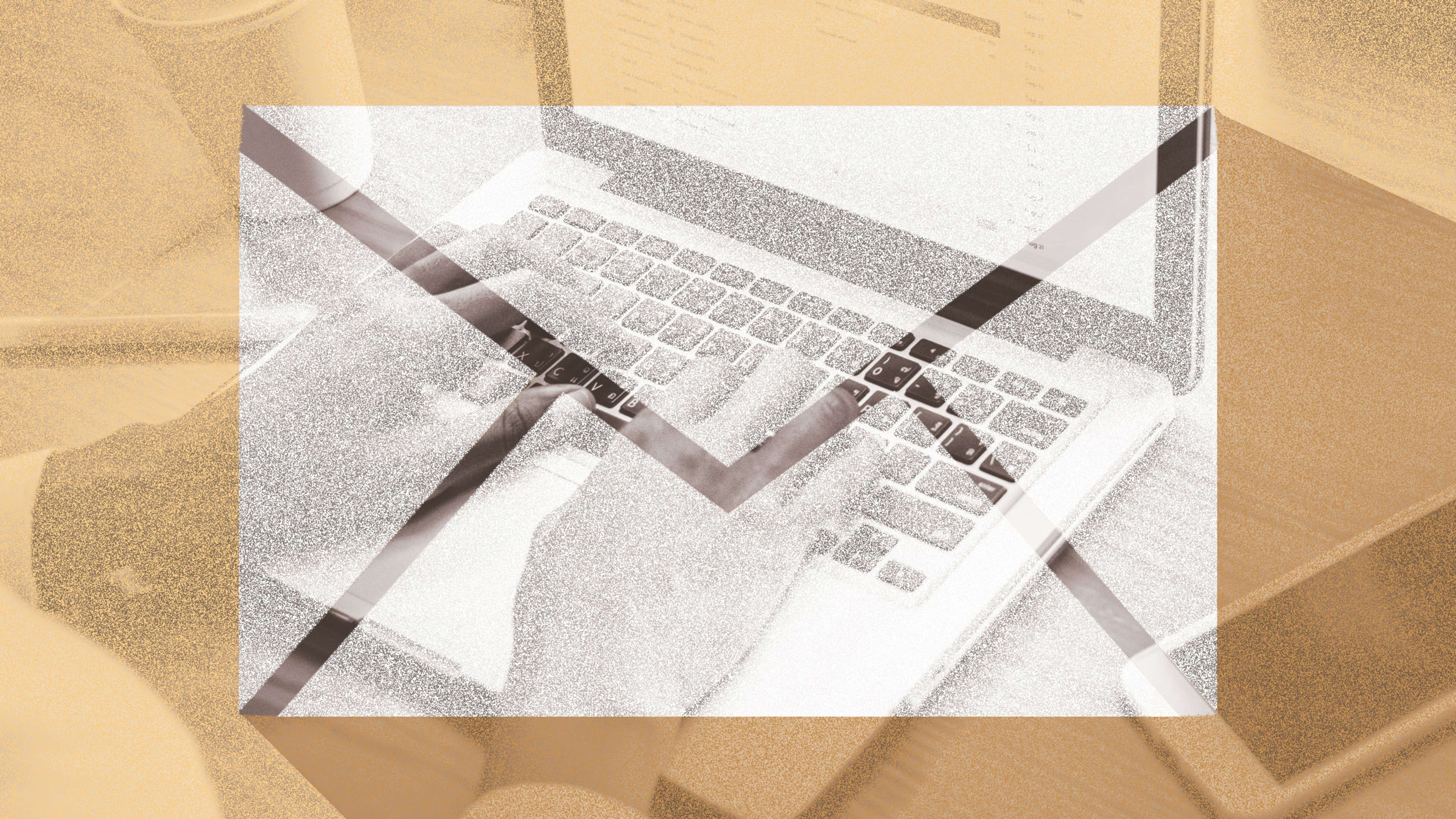The average worker receives 124 emails a day, but if you’re a leader, you may want to back away from your inbox. Keeping up with your messages can prevent you from achieving your goals and being a good leader, according to new research from Michigan State University published in the Journal of Applied Psychology.
Managers spend at least 90 minutes a day recovering from email interruptions, and this distraction can be harmful, says Michigan State management professor Russ Johnson. “In some ways, managers are the nerve center of the organization,” he says. “All information comes through them and is disseminated to teams. On days when they’re overloaded by email, they scale back leadership behaviors, such as motivating and inspiring their team, talking optimistically about the future or explaining why work tasks are important.”
Stress narrows your attention, and managers who feel overwhelmed and unproductive because of email demands recover by focusing on smaller tactical duties like assigning tasks or setting goals, says Johnson.
“They focus on what’s happening right now, and there’s an evolutionary ring to it,” says Johnson. “If you were being chased by a lion, you wouldn’t be thinking about tomorrow or next week. Being overwhelmed causes managers to buckle down and focus on the most familiar, day-to-day stuff. They stay in their comfort zone, and future-oriented thoughts suffer.”
The manager’s team suffers from the lack of motivation and inspiration they need to thrive. As a result, employees’ performance, work satisfaction, organizational commitment, intrinsic motivation, and engagement decrease, while their stress and negative emotions increase, says Johnson.
Why email is a problem
Unlike other forms of communication, email causes stress because it’s more invasive, says Johnson. “When you’re face to face, it’s easier to say you don’t have time,” he says. “It’s easier to hit the send button than walk down the hallway or call someone.”
Email also seems harmless; seeing a message in your inbox provides the brain with a hit of dopamine, which is addictive. But most of us don’t realize the cognitive demands that happen when you switch between primary work activities, says Johnson. “It takes upwards of a minute or more after responding to an email to get back into whatever you’re doing,” he says. “You have to rediscover your train of thought before the interruption.”
And because email is quick and instant, many of us believe we have to respond immediately, says Johnson. Instead, reduce the amount of time you spend on email, and turn off notifications so you won’t be tempted or distracted, he suggests.
For example, use email settings to put your inbox on pause, says Aye Moah, chief of product and cofounder of the productivity software provider Boomerang. “Essentially you’ll have no email interruptions until you decide you’re ready,” she says. “You can set a schedule and pick two, three, five times a day to have email delivered—whatever works for you.”
Moah recommends pausing your inbox for at least 90 minutes. “This is the amount of time it takes to get into a state of flow, feeling creative, and making progress on something hard,” she says.
You also need to communicate your email patterns, because managers often feel chained to their email worrying that their staff might ask questions or need clarification.
“Their progress is blocked if you are not responding,” says Moah. “It’s great to pause interruptions, but set expectations. Let your staff know you are focusing on something and will get back to you in an hour or two. People will get to know your cadence, and when they can expect a response.”
Recognize your brand's excellence by applying to this year's Brands That Matters Awards before the early-rate deadline, May 3.
